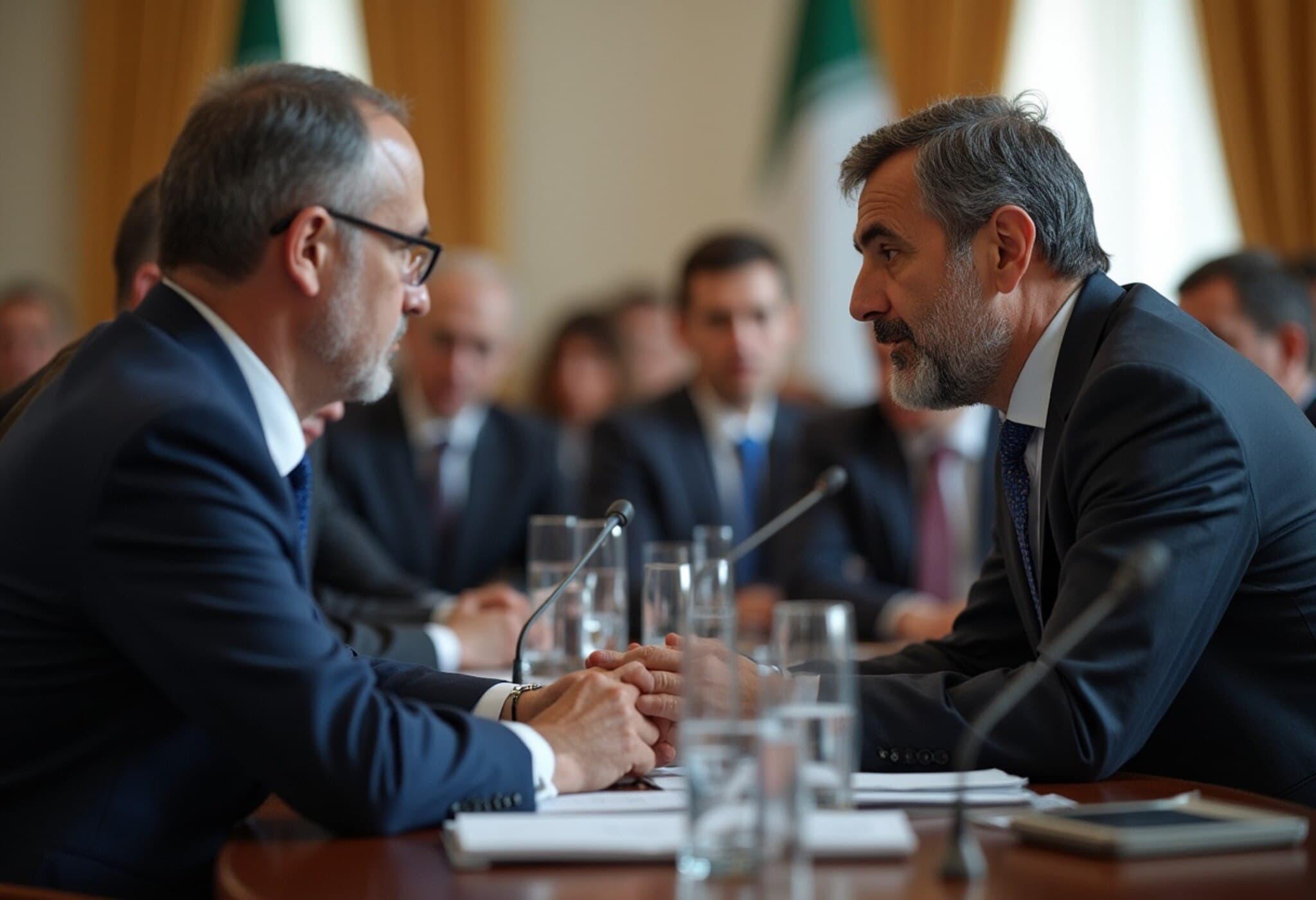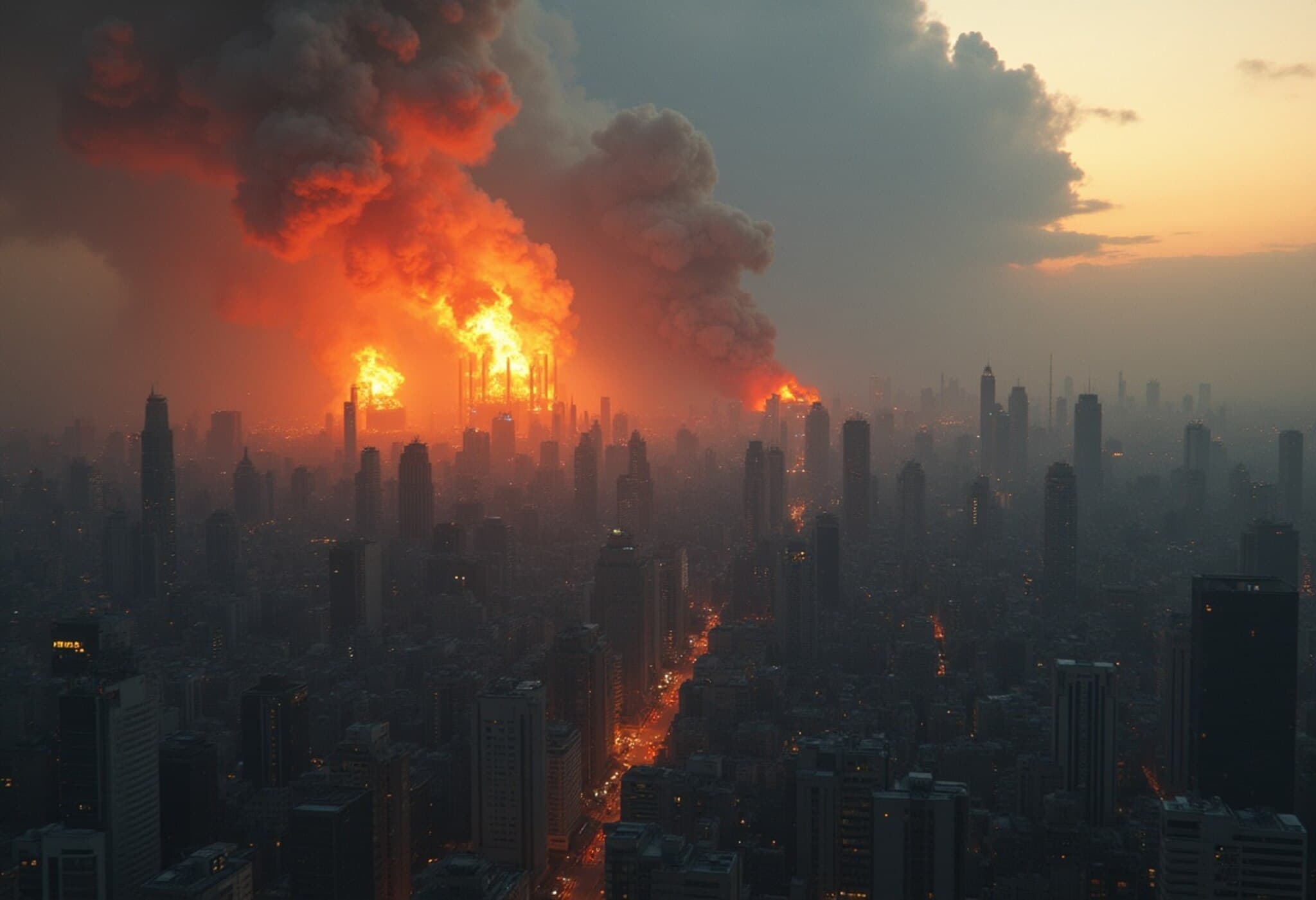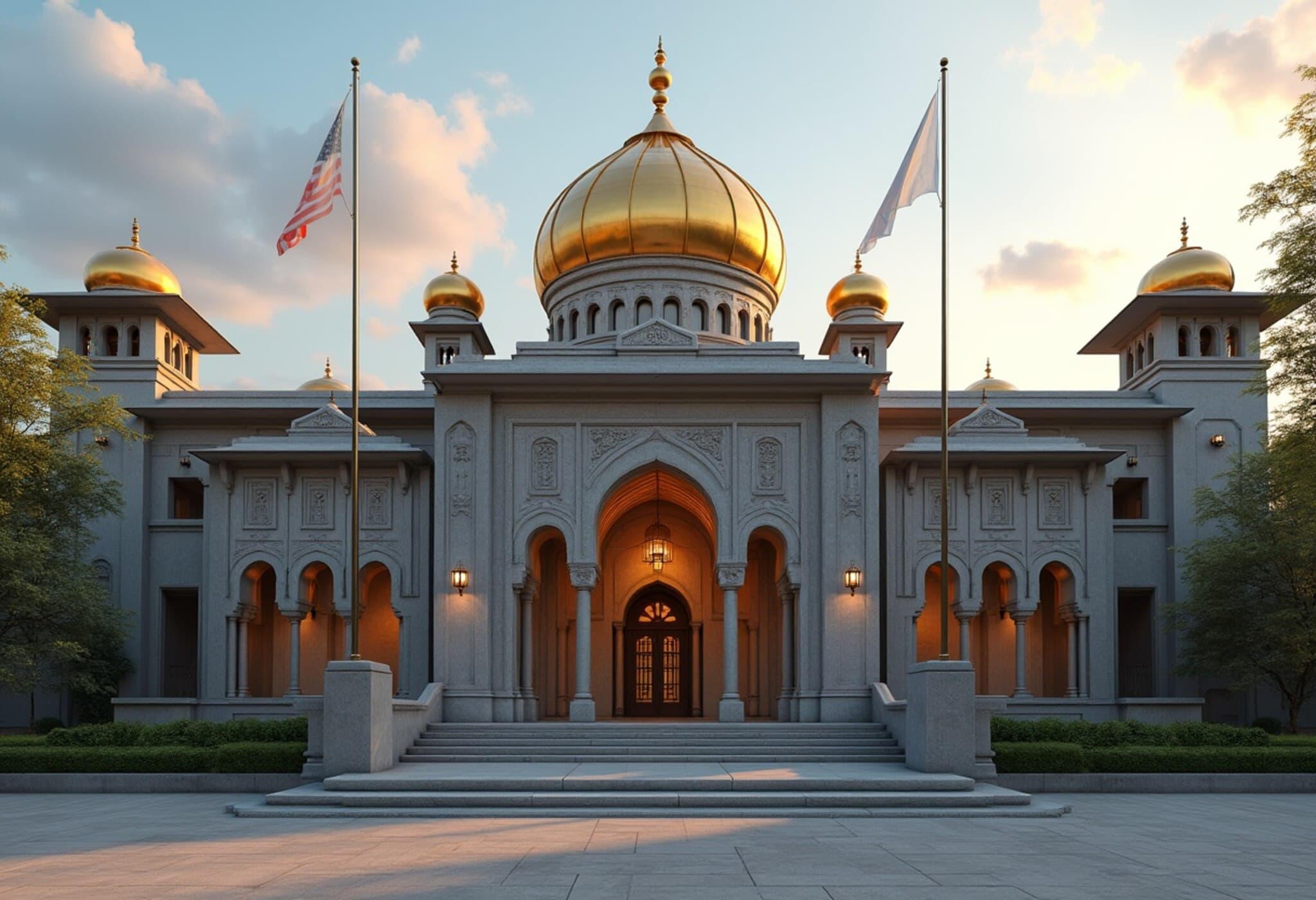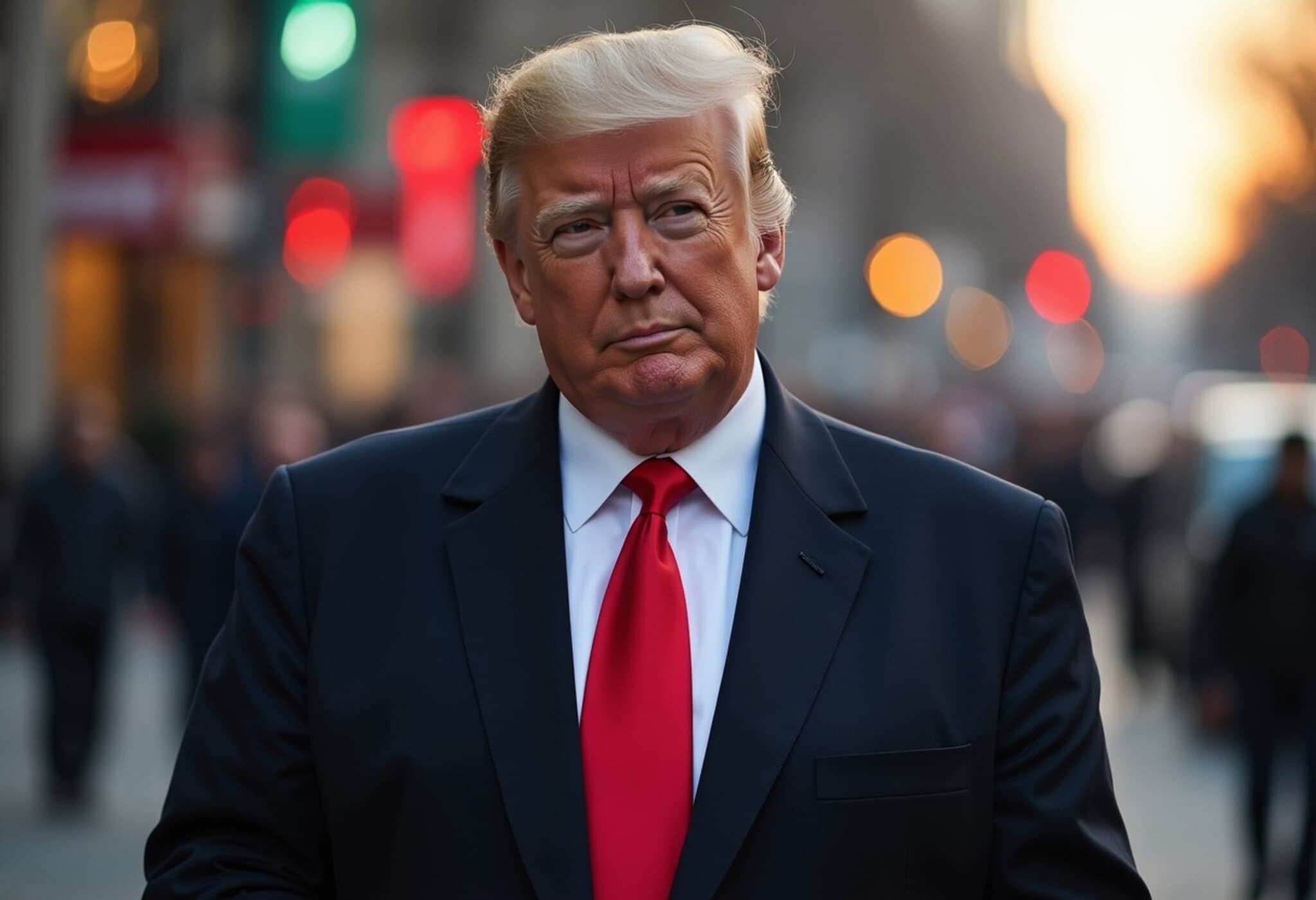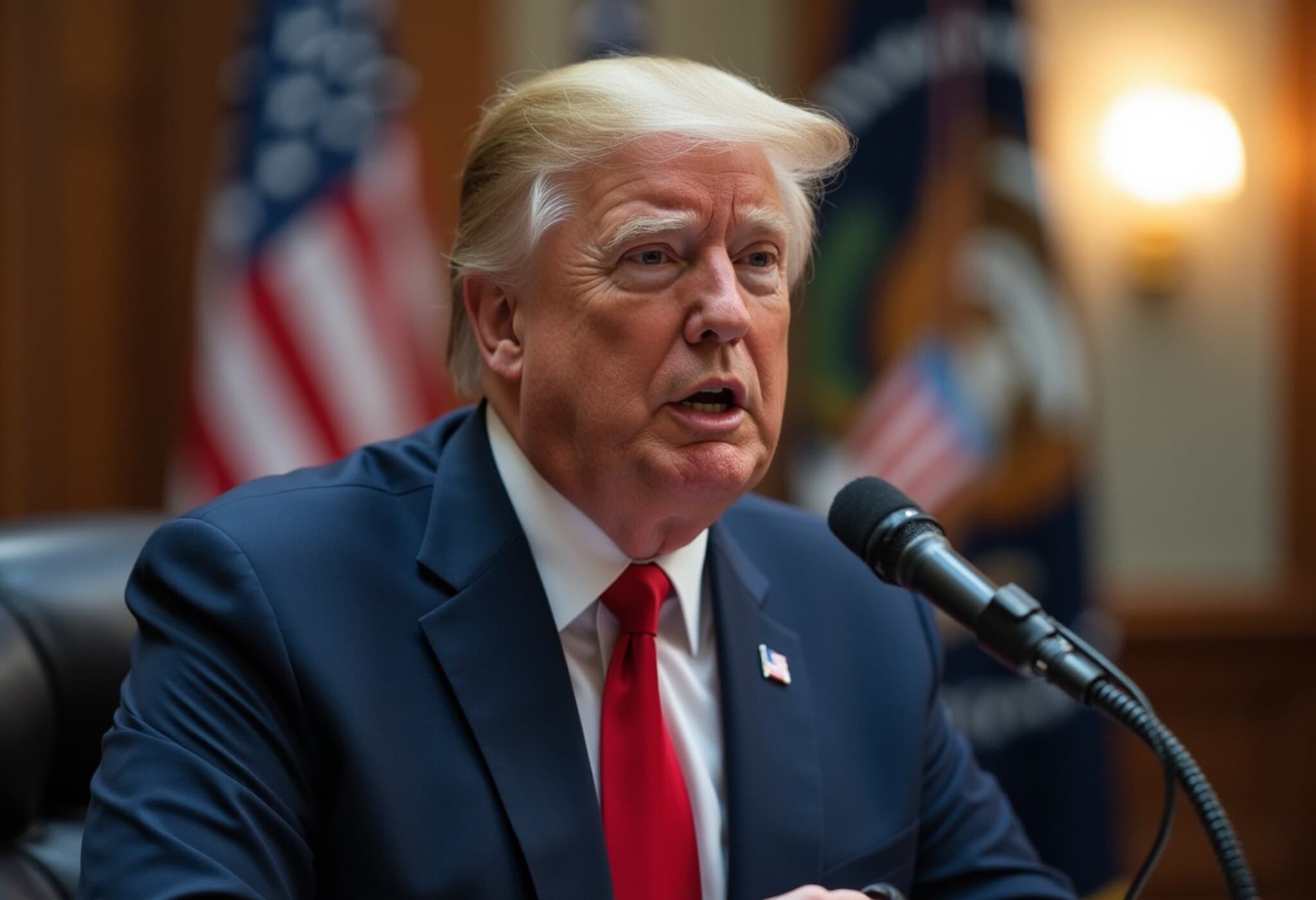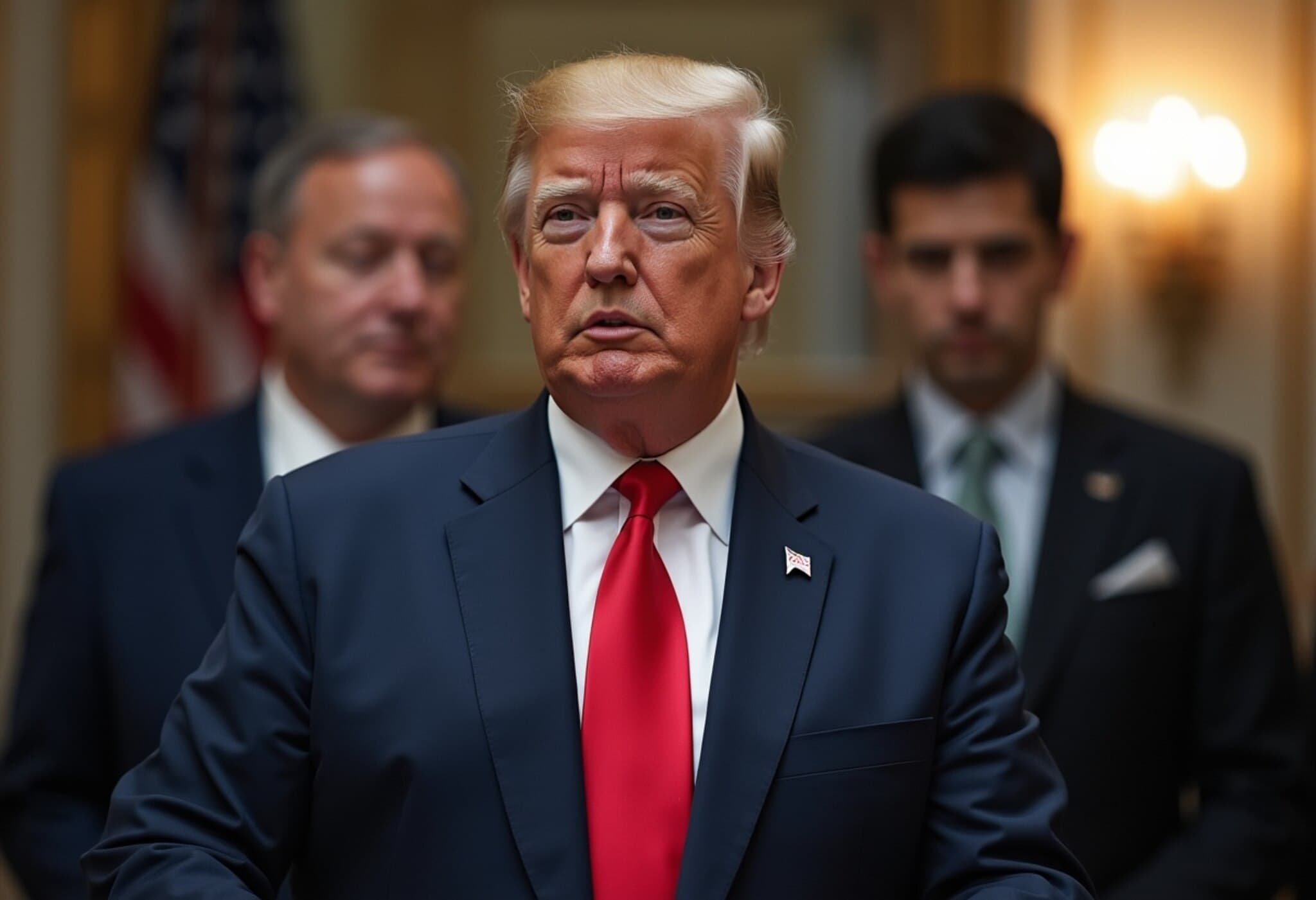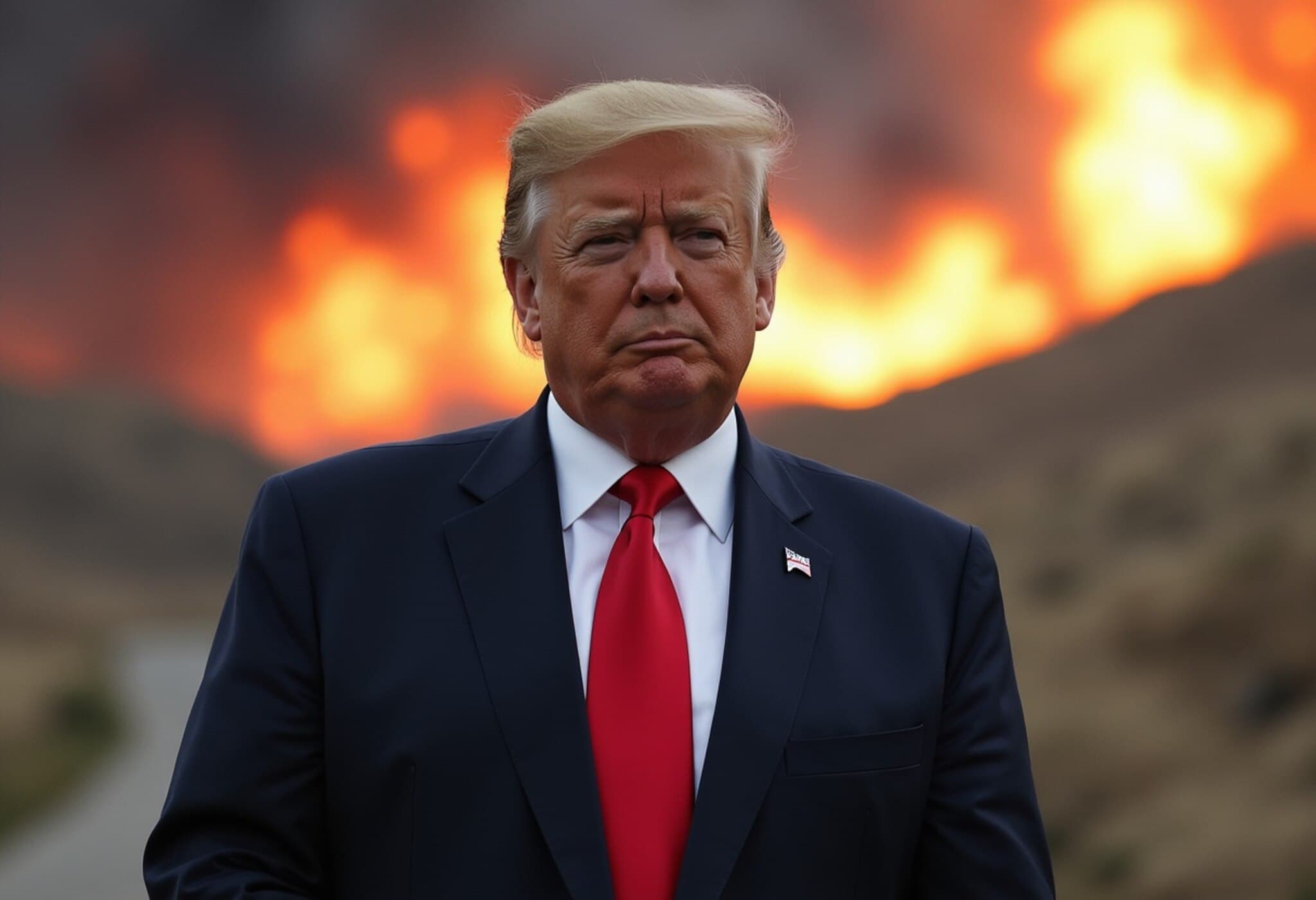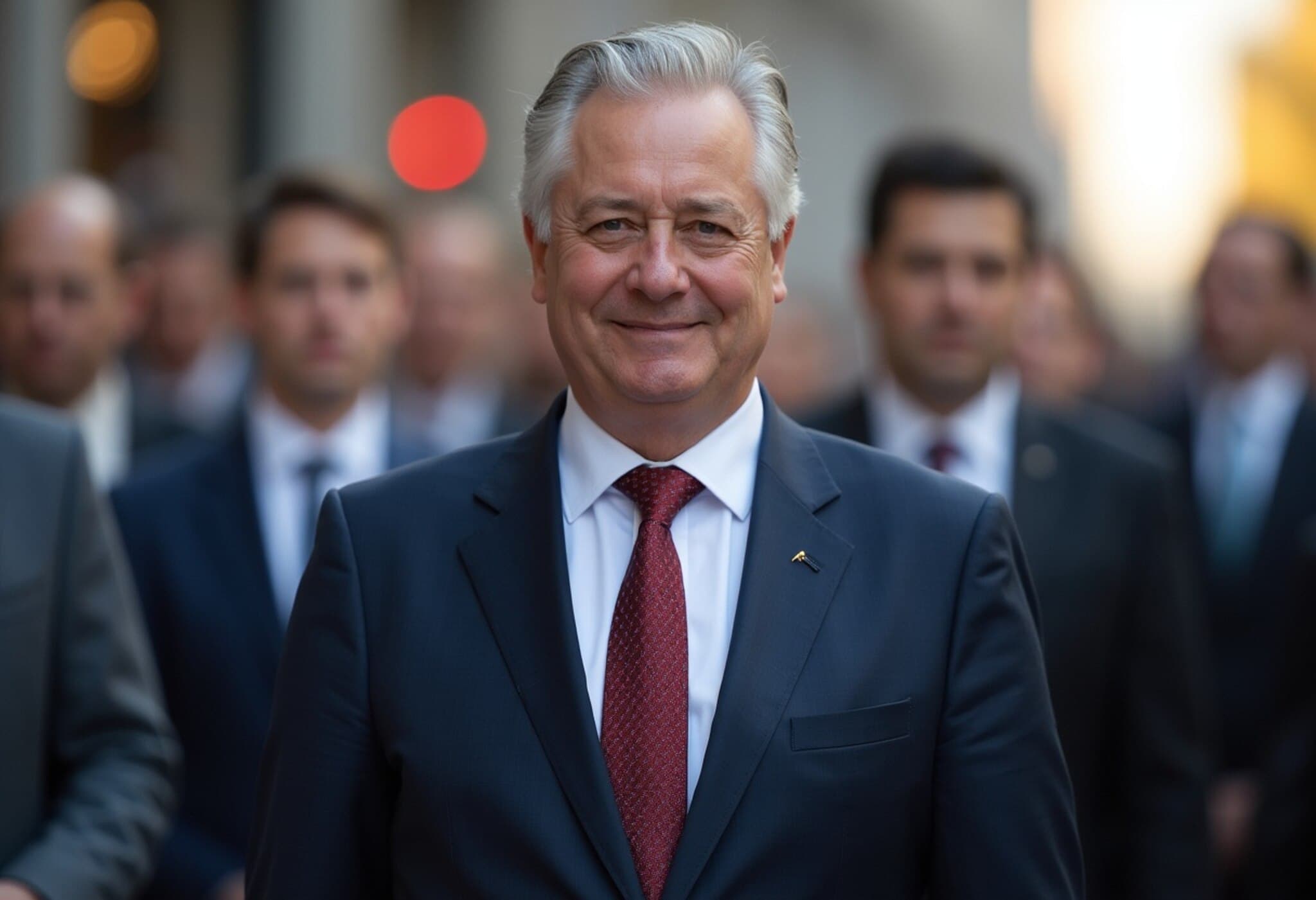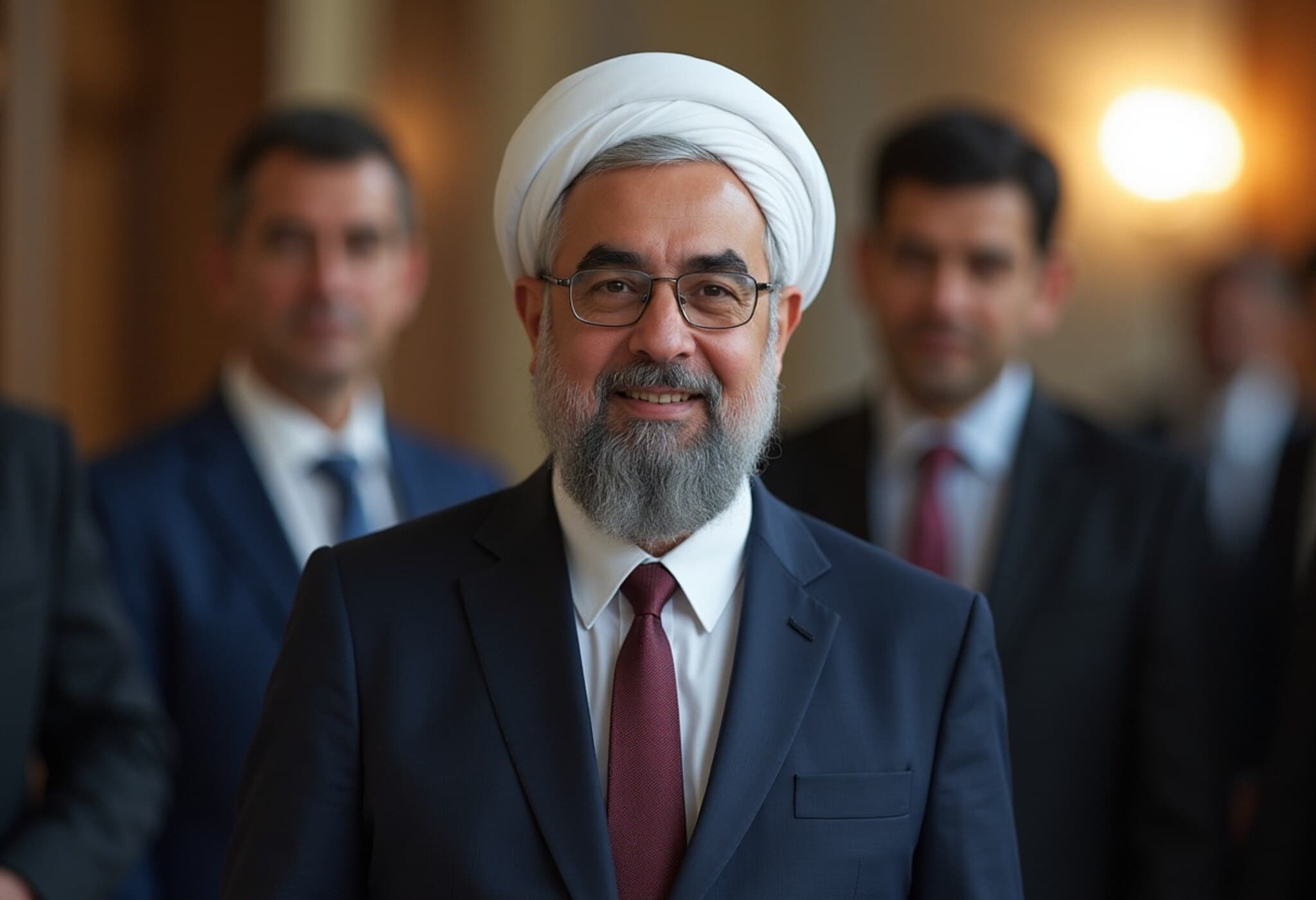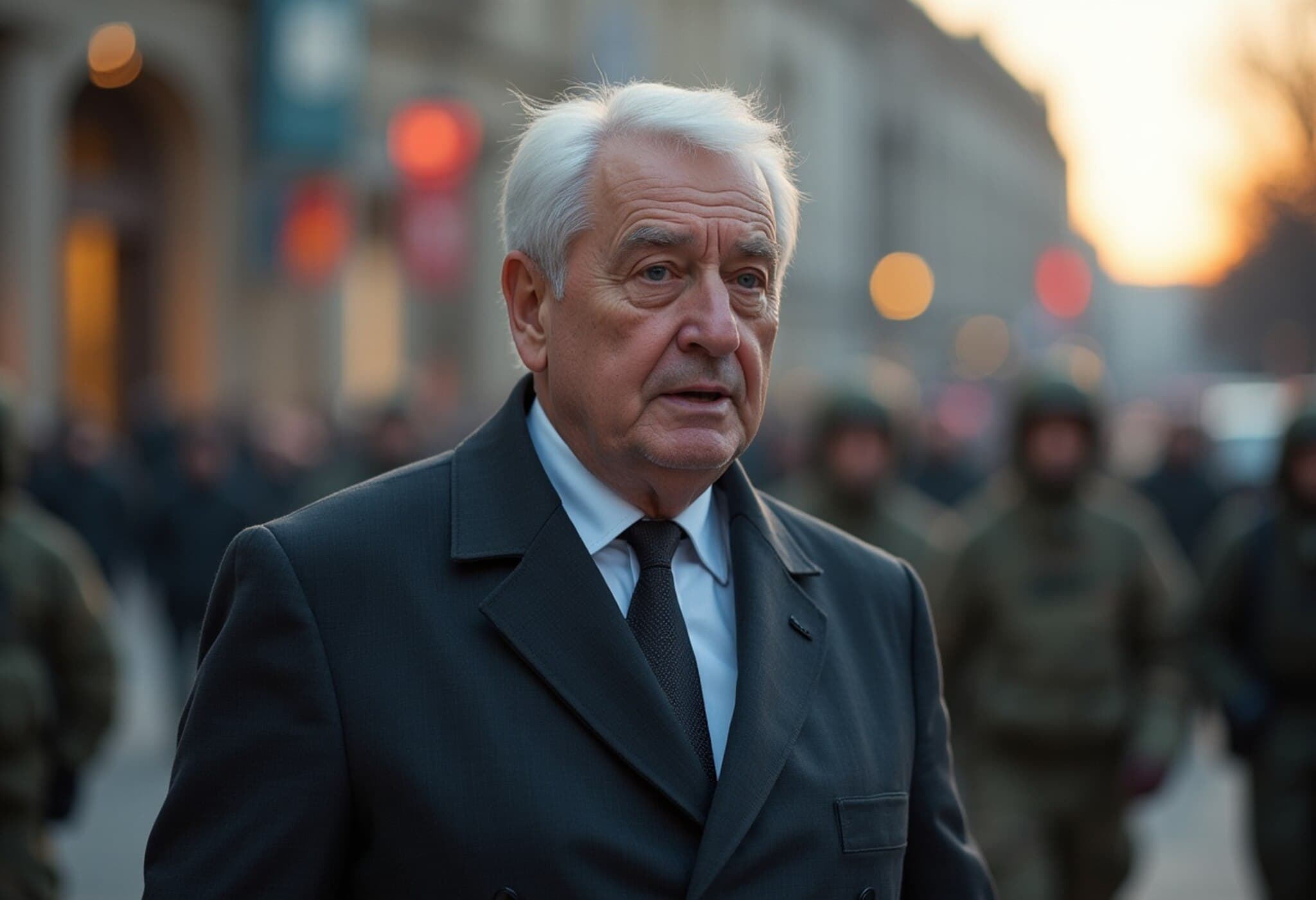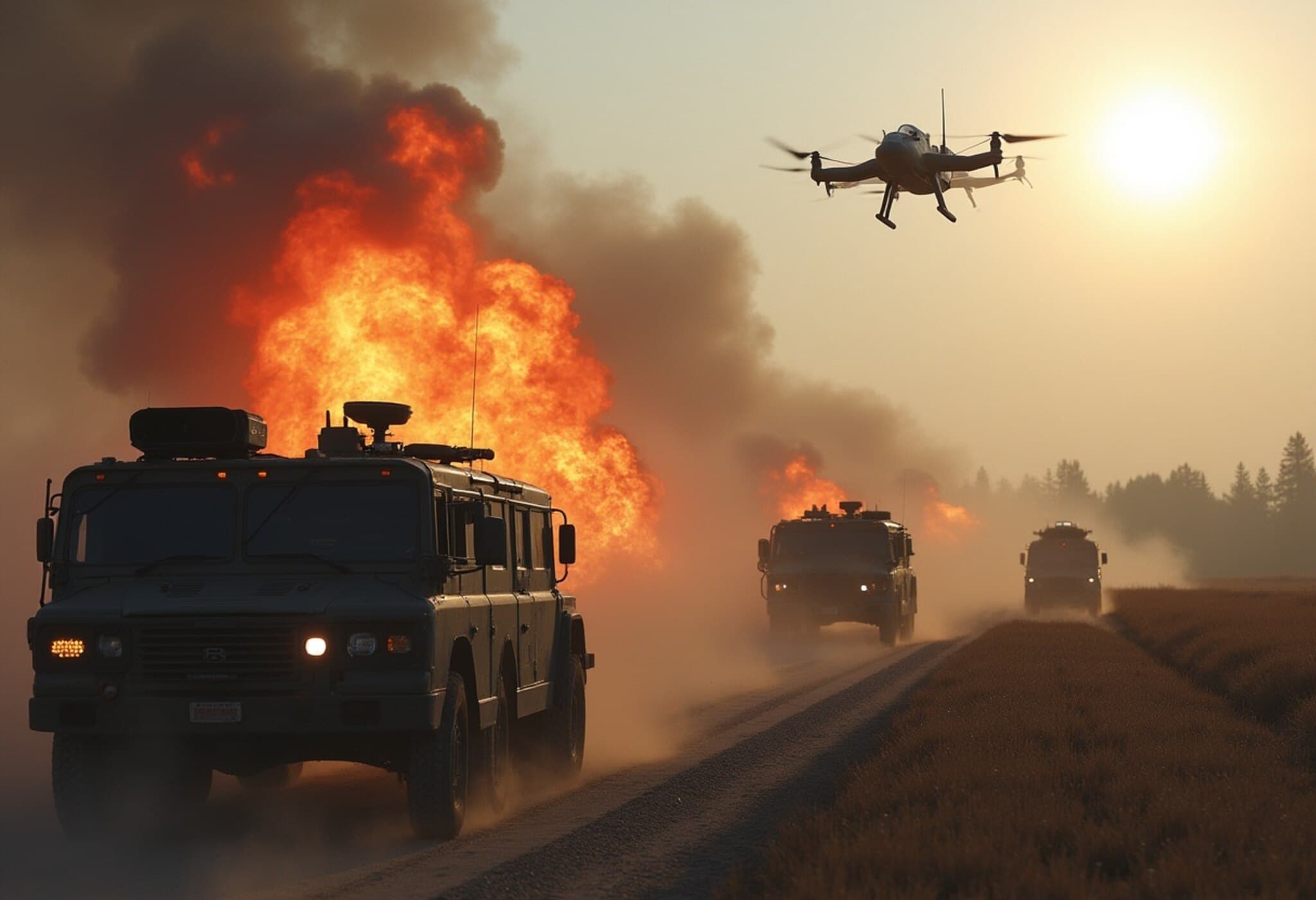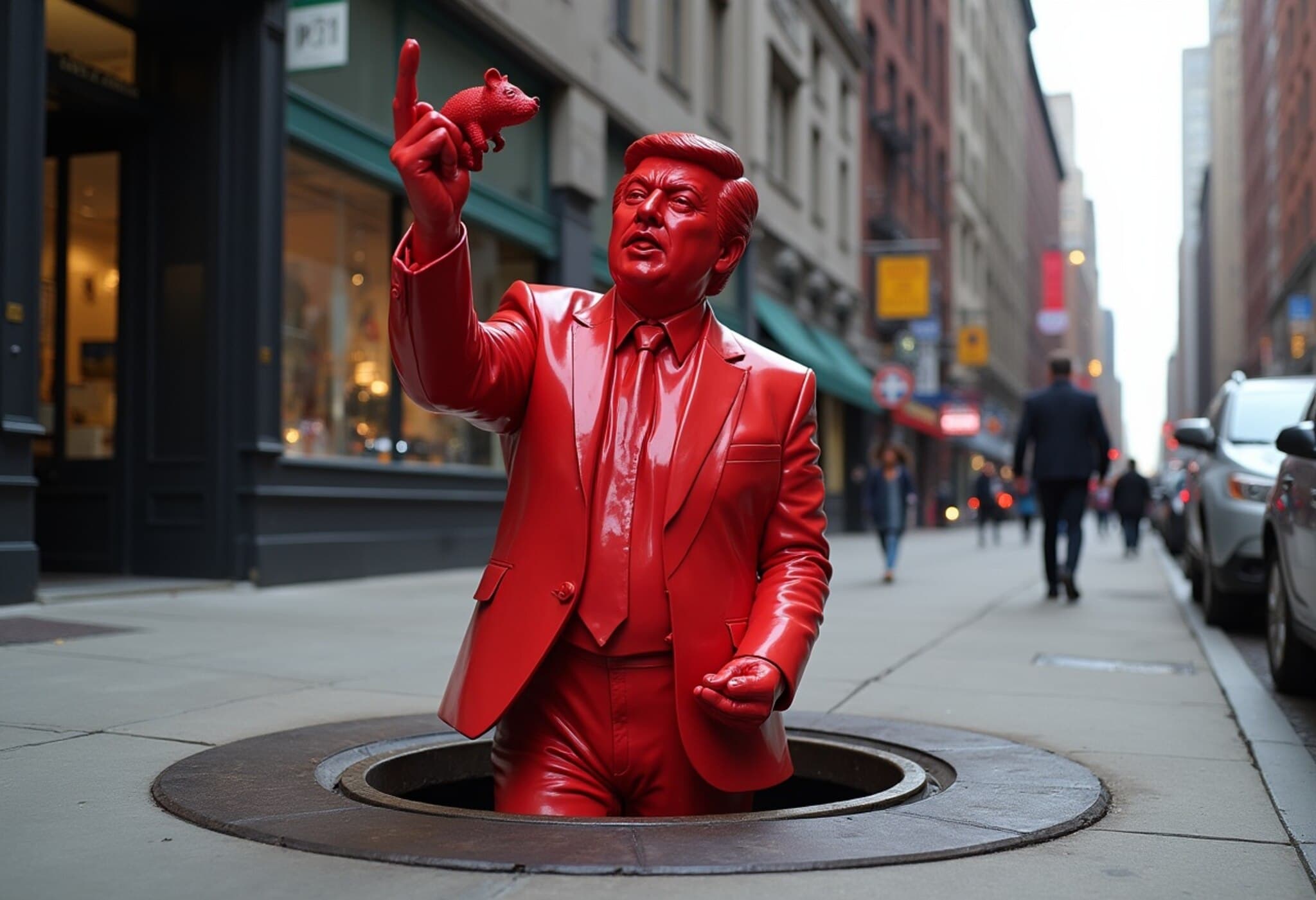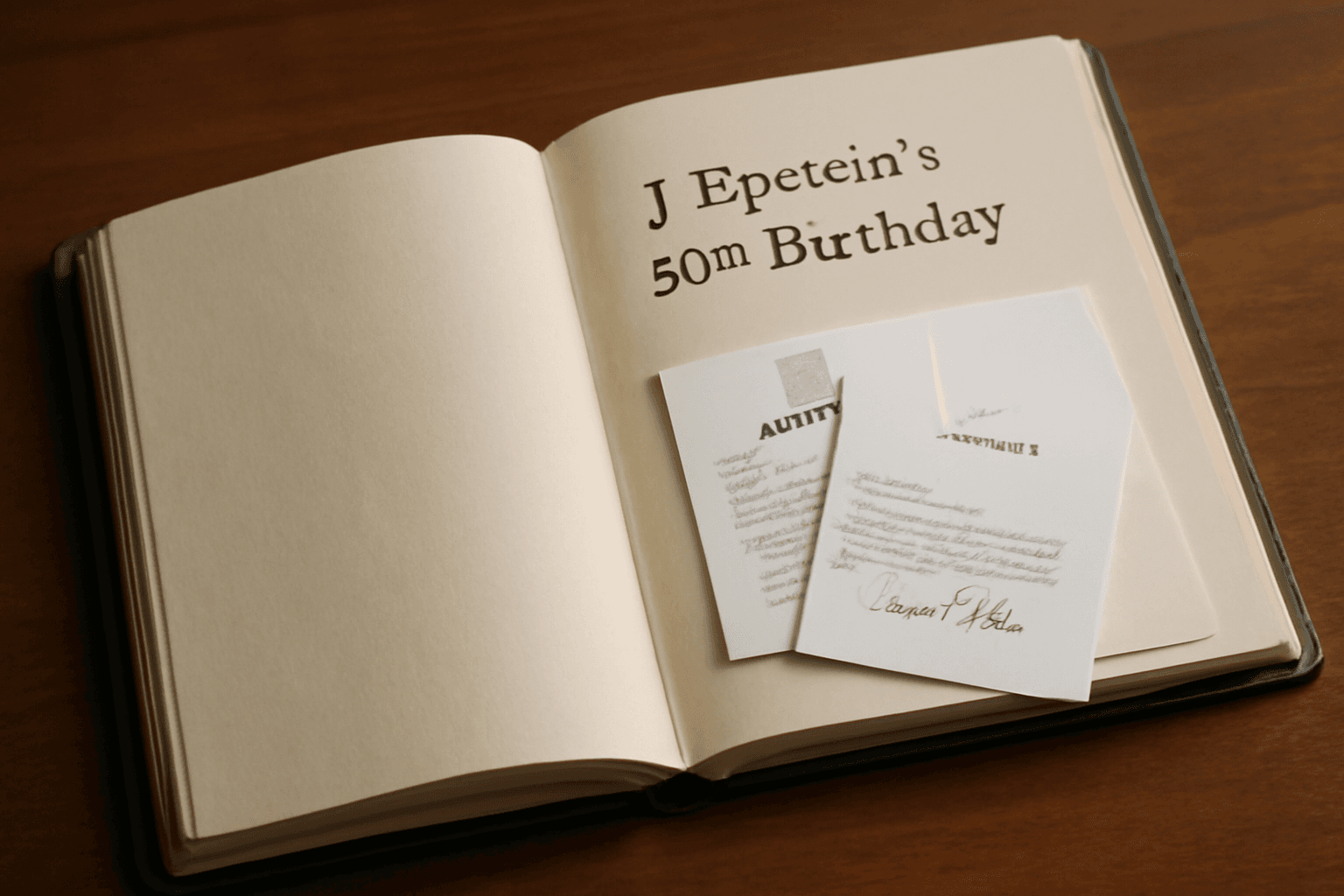Europe and Iran Convene in Istanbul as Nuclear Sanctions Loom
In a high-stakes diplomatic engagement unfolding in Istanbul, European diplomats and Iranian officials have convened to confront the deepening impasse over Iran’s nuclear ambitions. The meeting marks the first dialogue since June’s unsettling 12-day conflict involving Israeli and U.S. airstrikes targeting Iran's nuclear sites, intensifying an already volatile geopolitical landscape.
Background: The Fragile 2015 Nuclear Agreement under Threat
At the heart of these discussions lies the possibility of reimposing international sanctions on Iran that had been lifted under the 2015 Joint Comprehensive Plan of Action (JCPOA). These sanctions were eased after Iran agreed to curb its nuclear program and submit to rigorous international monitoring by the International Atomic Energy Agency (IAEA).
The so-called "snapback" sanctions mechanism, still a viable option, hangs over the talks like a sword of Damocles. A European diplomat, speaking under anonymity due to the sensitivity of negotiations, revealed that a delay in imposing sanctions could be negotiated if Iran demonstrates tangible diplomatic engagement, fully cooperates with the IAEA, and addresses concerns over its expanding stockpile of highly enriched uranium.
Key Players and Their Stakes
- The E3 Nations: Britain, France, and Germany represent this influential group, determined to prevent Iran from advancing toward nuclear weapons.
- Iran: Iran’s Deputy Foreign Minister Majid Takht-e Ravanchi leads the talks, emphasizing Tehran's insistence on preserving the right to enrich uranium legally and demanding the removal of all sanctions.
- The U.S. and Israel: Although not direct participants, their recent military actions and withdrawal from the JCPOA in 2018 continue to shape the environment and trust dynamics profoundly.
Distrust Undermining Dialogue
Iran continues to express deep mistrust toward the United States — a sentiment underscored by Deputy Foreign Minister Kazem Gharibabadi, who stipulated that any negotiation requires rebuilding faith in American commitment. Iran has framed the talks not as a platform for potential military confrontation but as a venue to reinstate credible diplomatic and peaceful engagement.
Meanwhile, Iran has warned that returning to an era of sanctions could push it toward exiting the Nuclear Nonproliferation Treaty (NPT), which obligates it against developing nuclear weapons. This threat adds gravity to the talks, as any breach could reshape regional security and trigger wider proliferation risks.
Expert Analysis: Navigating a Complex Web of Security and Diplomacy
From an American policy perspective, the dialogue’s trajectory will heavily influence U.S. national security and Middle East policy. Reimposing sanctions without parallel diplomatic efforts risks further destabilizing the region, yet tolerating uranium enrichment near weapons-grade levels remains a non-starter. The past year’s increased uranium enrichment to 60% purity—significantly close to weapons-grade—and Iran’s suspension of full IAEA cooperation illustrate urgent red flags.
Regional experts warn that the risk of miscalculation and inadvertent escalation is heightened. The US and Israel’s military actions against Iranian nuclear facilities have complicated trust-building and fueled accusations of hypocrisy against the E3 nations for backing these strikes while pursuing diplomatic solutions.
Moreover, Iran’s recent missile attacks in retaliation highlight the interconnectedness of nuclear diplomacy and broader regional security dynamics.
The Road Ahead: Time Is of the Essence
European officials have conveyed a clear message to Tehran: progress must be made swiftly, or the snapback sanctions will activate by the end of August. Simultaneously, Iran affirms its readiness for further conflict but reaffirms its commitment to a peaceful nuclear program within international legal parameters, as articulated by President Masoud Pezeshkian.
The intricate balancing act before all parties is evident: preventing nuclear proliferation, maintaining regional stability, and restoring mutual trust—but under a shadow of deep skepticism and past grievances.
What’s Less Discussed: The Human and Geopolitical Stakes
While diplomatic jargon often masks the human realities, every fraction of progress or escalation resonates beyond capitals—in the lives of millions across the Middle East who face instability and insecurity daily.
Furthermore, the dynamic involves not just diplomacy but the complex interplay of power projection, regional alliances, and long-term strategic interests that ripple into global energy markets and international security frameworks.
Editor’s Note
As this diplomatic chapter unfolds, readers should consider the delicate nexus of trust, security, and diplomacy shaping the future of global nuclear nonproliferation efforts. The talks in Istanbul represent more than a negotiation over uranium enrichment—they portend the test of international consensus against fragmentation and conflict in an increasingly fractious world. What remains to be seen is whether dialogue can bridge decades of mistrust or if renewed sanctions will usher in more instability.

